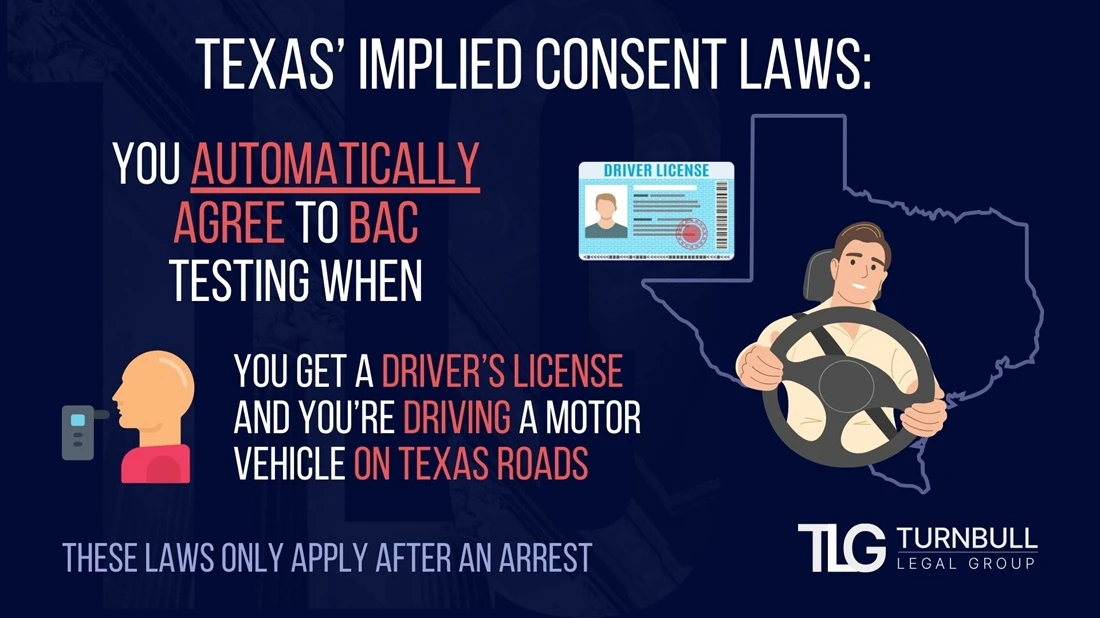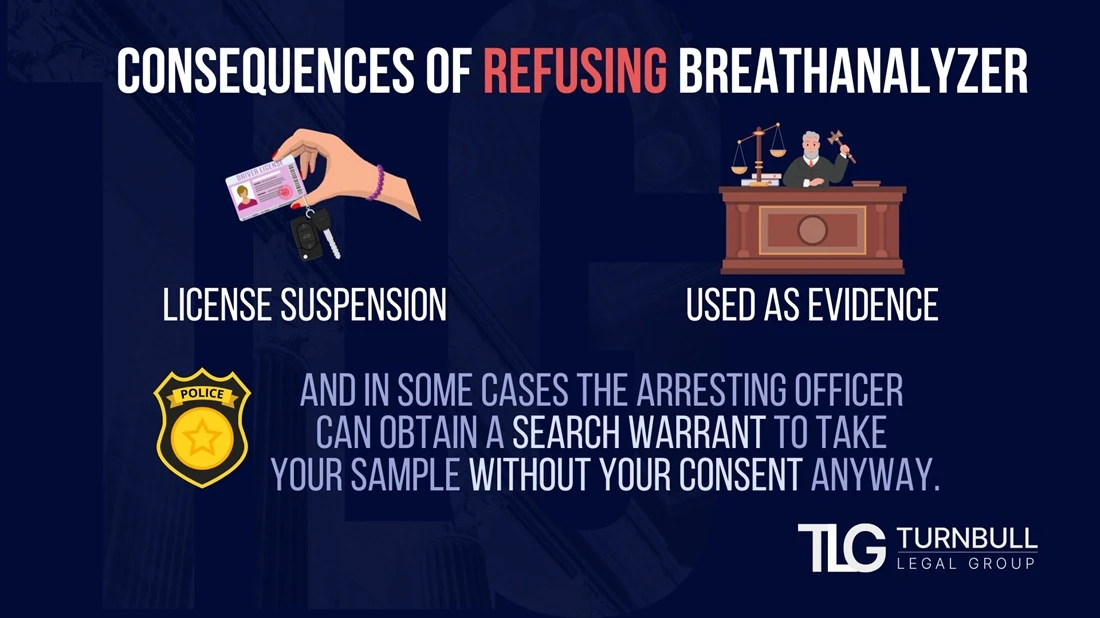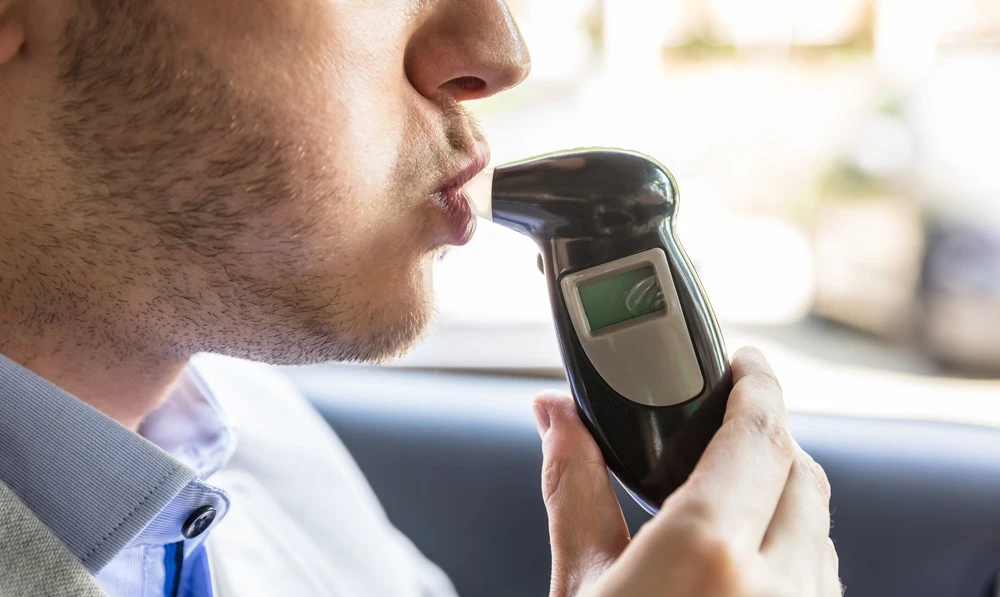If you get pulled over for drunk driving in Texas, the officer may ask you to take a breathalyzer or blood test to determine if you are legally intoxicated. But do you have the right to refuse a breathalyzer test? The short answer is yes, but refusing comes with consequences.
Texas has strict implied consent laws, meaning that by driving on Texas roads, you automatically agree to submit to chemical testing if lawfully arrested for DWI. However, that doesn’t mean refusing is illegal — it just means you may face penalties, such as losing your license for a period of time.
Let’s break down the laws, consequences, and legal options you have if you decide to refuse a breathalyzer test in Texas.
Understanding Implied Consent in Texas

Texas enforces implied consent laws, which require all drivers to submit to chemical testing if they are lawfully arrested for DWI. This means that by obtaining a driver’s license and operating a motor vehicle on Texas roads, you automatically agree to BAC testing when an arresting officer suspects you of drunk driving.
However, there are important limitations to implied consent laws. These laws only apply after an arrest — you are not required to take a field sobriety test or a preliminary breath test before being taken into custody.
How Implied Consent Works in Texas
If an officer pulls you over and suspects you are intoxicated, they will likely ask you to perform field sobriety testing or take a portable breath test. While these tests are voluntary, refusing them may give the officer probable cause to arrest you for DWI.
Once you are lawfully arrested for DWI, the officer will request that you submit to a breathalyzer or blood test. At this point, refusing the test triggers immediate penalties under the Texas Transportation Code.
What Happens If You Refuse a Breathalyzer Test in Texas?

Refusing a breathalyzer test in Texas comes with immediate and long-term consequences.
License Suspension
If you refuse to submit to breathalyzer and blood testing, the Texas Department of Public Safety (TxDPS) will automatically suspend your driver’s license for:
- 180 days for a first offense
- Two years for subsequent offenses
This is separate from any penalties related to a DWI charge.
Used as Evidence in Court
Prosecutors may argue that refusing chemical BAC testing shows consciousness of guilt — meaning you refused because you knew you were legally intoxicated.
Search Warrants for Blood Tests
If you refuse a breath or blood sample, the arresting officer may seek a search warrant to obtain a blood draw. This is common in cases involving:
- Serious bodily injury or death
- Multiple prior DWI offenses
- Minors in the vehicle
Once a search warrant is obtained, officers can take your sample without your consent.
Field Sobriety Testing vs. Chemical BAC Testing
Many people confuse field sobriety testing with chemical BAC testing. Understanding the difference is critical:
- Field sobriety tests (e.g., walk-and-turn, one-leg stand, repeating the alphabet backward, etc.) are voluntary and can be legally refused.
- Chemical BAC testing (breathalyzer or blood test) must be taken after arrest unless you refuse to submit, leading to license suspension.
When Can Police Take Your Blood or Breath Sample Without Consent?
In certain situations, officers do not need consent to take a blood or breath sample from you. Under Texas law, officers can obtain a search warrant for a blood test, meaning they can take your sample without your consent.
Situations where officers can perform a blood draw without your permission include:
- If the DWI arrest involves serious bodily injury or fatalities.
- If the driver has two or more prior DWI convictions.
- If the driver has a prior DWI with a child passenger.
Once a search warrant is obtained, refusing is not an option — officers can legally take your blood sample for BAC testing.
Legal Defenses If You Refuse a Breathalyzer
If you refuse chemical BAC testing, our Texas DWI lawyers can help fight your case. Possible defenses include:
- No Probable Cause for the Stop
The case may be thrown out if the officer had no reasonable suspicion to stop you. - Improper Arrest Procedures
If officers fail to follow protocol, the refusal may not be used against you. - Faulty Equipment or Testing Errors
Breathalyzers must be properly calibrated and administered correctly.
What Should You Do If You're Arrested for DWI?
While you can legally refuse a breathalyzer test in Texas, doing so has serious consequences. If you refuse after being arrested for DWI, your driver’s license will be automatically suspended for at least 180 days, and your refusal may be used as evidence of guilt in court. And if an officer obtains a search warrant, you will be forced to submit to a blood test anyway.
If you're arrested for DWI in Texas, take these steps to protect yourself:
- Stay Calm and Remain Silent
Anything you say can be used against you. - Refuse Field Sobriety Tests
These tests are not mandatory and can work against you. - Know Your Rights
You can refuse a breathalyzer but expect a license suspension. - Request a DWI Lawyer Immediately
Our experienced criminal defense attorneys are waiting for your call.
Take Control of Your Defense After a Breathalyzer Refusal
If you believe you are over the legal limit, refusing may prevent immediate BAC evidence from being used against you. However, Texas law still allows prosecutors to argue that refusing shows guilt, and the penalties for refusal can be severe. If you are arrested for DWI, the best course of action is to remain silent, request a lawyer, and avoid making statements that can be used against you.
At Turnbull Legal Group, we know how high the stakes are. Whether you refused a breathalyzer or blood test, we can challenge probable cause, investigate testing errors, and fight to protect your driving privileges. Don’t deal with this alone — let us build a strong defense for your case. Contact us for a free consultation.
Charged with DWI? Protect Your Rights Today.
If you’ve been arrested for drunk driving and refused a breathalyzer test, you need a strong defense. At Turnbull Legal Group, we fight for your rights and help you navigate Texas DWI laws.




.webp)

